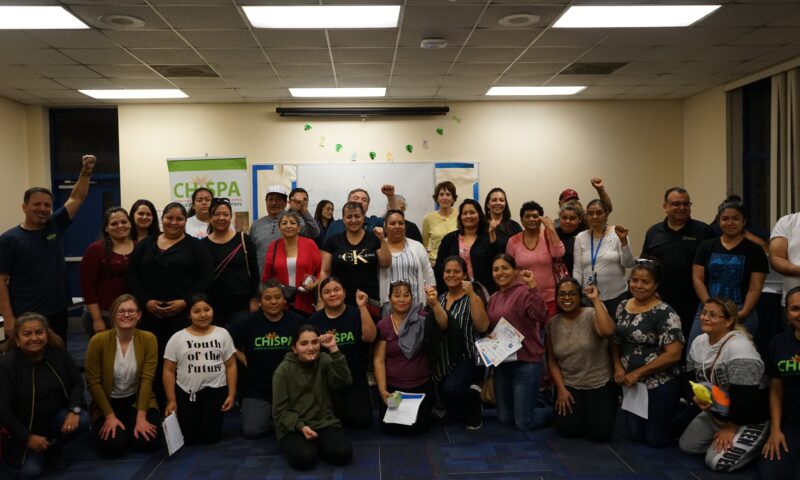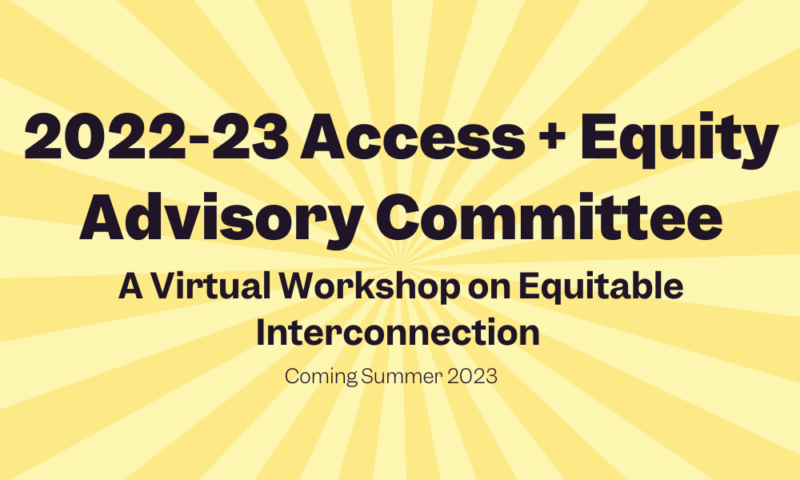In order to combat the climate crisis and reach 100% clean energy, solar needs to serve everyone and include everyone. Solar can provide relief to families struggling with high and volatile energy costs and the effects of a pollution-driven power system through energy bill savings, living-wage jobs, improved public health, and climate resilience in under-resourced communities.
Frontline communities are often the first and worst impacted by the accelerating harms of the climate crisis, yet are often excluded from climate solutions. These communities also face higher electricity bills and expensive health impacts from pollution, compounding the racial wealth gap.
We work to give more people a stake in the renewable economy by advocating for energy policies and programs specifically designed to address the barriers faced by environmental justice communities, communities of color, and others on the frontlines. This work is grounded in inclusive and equitable partnerships with local organizations that serve low-income and other underserved or marginalized communities.
We are taking conscientious and deliberate steps to ensure that the voices of these communities are represented in the energy policy discussions that impact the health, well-being, and economic opportunity of community members.





